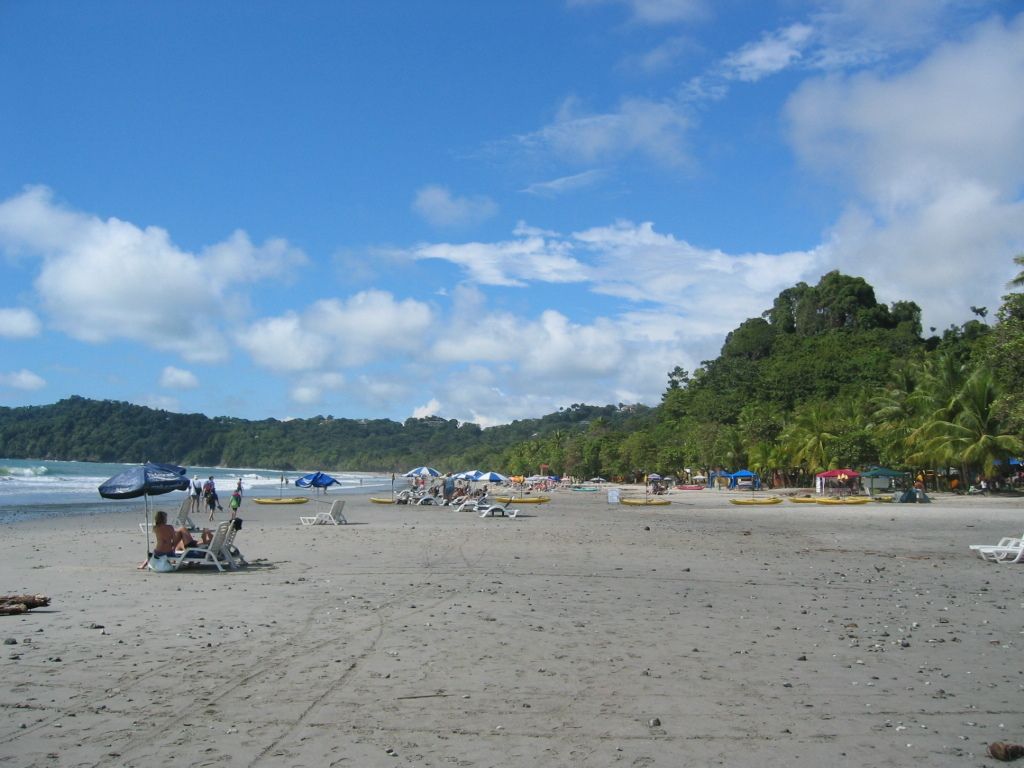Bulgarian Residents Express Nervousness and Anticipation as New Year Approaches
Ready to delve into the buzzing debate as Bulgaria gears up to adopt the Euro on January 1, 2026?
Here's the lowdown: The EU Commission has given the green light, but not everyone in Bulgaria, the poorest nation in the Union, is feeling the euphoria. In a country where the lev has been tightly pegged to the Euro, the transition could bring a sting.
Take Croatia, for instance. They made the leap to the Euro in 2023. While it made trade with the EU smoother, domestic prices - especially for the poor and tourists - took a hit. Bulgaria is understandably worried about similar repercussions.
According to a recent Eurobarometer survey, 50% of Bulgarians, especially rural folks, fear inflation. With current inflation forecasted to hit 3.6% by year-end, prices, already shown in two currencies, are set to rise even faster.
Critics argue that adopting the Euro means losing control over monetary policy, even though Bulgaria has long been tethered to the Euro. The loss of monetary tools for crisis management is a big concern.
The transition to the Euro has stirred up political tensions. The "Revival" party is organizing protests, fueling Euro-skepticism by linking the change with loss of national identity. More worryingly, 43% of the population approves of the transition, while half are against it. The remaining 7% are undecided, but they're a significant number due to insufficient information, creating a breeding ground for conspiracy theories.
Rumors of financial seizures find fertile ground. With most Bulgarians living near the poverty line, they're worried about the economic realities of the Eurozone. Another concern is the potential loss of budget travelers and vacationers to cheaper destinations outside the Eurozone, much like what happened in Croatia.
Yet, the Euro might appeal to affluent European tourists thanks to simplified financial transactions. If managed properly, Bulgaria could attract more of these tourists.
Transitions like these are complex. On one hand, they bring increased EU integration, a stronger voice in EU economic and monetary policy discussions, and boosted public confidence. On the other, they demand a continued focus on stability-oriented economic policies, structural reforms, and careful management of public acceptance.
Sources:1. Impacts of Euro Adoption on Bulgaria's Political Landscape2. Bulgaria's Path to the Eurozone: Prospects and Challenges3. EU Monetary Dialogue: Bulgaria's Progress Towards the Euro4. Eurobarometer Survey on Public Opinion in Bulgaria5. Bulgaria's Public Opposition to the Euro: Concerns and Misconceptions
Given the impending adoption of the Euro in Bulgaria on January 1, 2026, the debate surrounds its impact on the nation's economy, particularly finance, business, and politics. The transition's consequences, such as potential inflation and loss of monetary policy control, have sparked concern among Bulgarians, particularly the rural population. Conversely, adopting the Euro may attract affluent European tourists due to simplified financial transactions, thereby benefiting the country's business sector. These complexities are reflected in the divided public opinion, with political tensions arising from Euro-skepticism and concerns about national identity.




